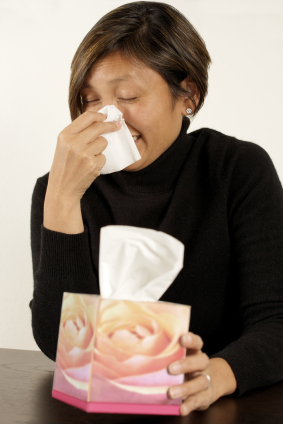An Open Label Study of Synthetic Psilocybin in Bipolar Type II Depression
Highlights from Posters Presented at the Society of Biological Psychiatry Meeting, April 27-29, 2023 in San Diego
Scott Aaronson reported on patients receiving a single dose of synthetic psilocybin. All subjects had three preparatory sessions prior to dosing and three integration sessions post dosing and were followed for 12 weeks.
“At the three week primary outcome measure, 11 of 14 participants (78.6%) met remission criteria.” They concluded: “Most subjects reported significant improvement in chronic depressive symptoms without hypomania or suicidality and durability lasting for three months follow-up.”
Lumateperone Improves Bipolar Depression Symptoms

At a recent scientific meeting, Suresh Durgam of Intra-Cellular Therapies, Inc. reported on a study of lumateperone tosylate for the treatment of bipolar depression. Lumateperone tosylate is a mechanistically novel antipsychotic that has been approved by the US Food and Drug Administration for the treatment of schizophrenia.
In a double-blind, placebo-controlled study, the drug showed efficacy in bipolar I and II depression. In a 6-week study, 377 patients received either 42 mg/day of lumateperone or placebo, and 333 (87.4%) completed treatment. Lumateperone treatment significantly improved total scores on the Montgomery Asberg Depression Rating Scale (MADRS) compared with placebo. Item analysis revealed that 8 of 10 MADRS items improved significantly in comparison with placebo by day 29, and all items did by day 43. The largest effects were in reported sadness, apparent sadness, inner tension and reduced sleep. Durgam and colleagues concluded that lumateperone at a dose of 42mg improves a broad range of symptoms in bipolar I and bipolar II depression.
Differences in Depressive Episodes Across Bipolar I, II, and Major Depression
 In a recent retrospective study, people with bipolar disorder I, bipolar disorder II, and major depressive disorder were interviewed about a 14-year period of their illness, and several differences emerged.
In a recent retrospective study, people with bipolar disorder I, bipolar disorder II, and major depressive disorder were interviewed about a 14-year period of their illness, and several differences emerged.
People with bipolar disorder I described their illnesses as including more psychomotor retardation (slowing of movements) and more psychotic features. People with bipolar disorder II had more mixed states than both people with major depression and people with bipolar I disorder. They also had less psychomotor slowing than people with bipolar I disorder.
Another purpose of this study by Andrew Frankland and colleagues in the Journal of Clinical Psychiatry, was to determine the effectiveness of the Probabalistic Approach to Bipolar Disorder, a statistical method for differentiating diagnoses. The approach was successful in differentiating both bipolar subtypes from major depression, but not in differentiating between the bipolar subtypes.
Short Telomeres, More Depressions, and Risk of the Common Cold
 Too many depressions in unipolar and bipolar disorder are associated with multiple risks. These include social and employment losses, dysfunction and disability, cognitive dysfunction, reduction in hippocampal volume (in unipolar depression), increases in medical comorbidity, increased risk of cardiovascular disease, and endocrine abnormalities (see the 2012 article by this author Post et al. in the Journal of Psychiatric Research).
Too many depressions in unipolar and bipolar disorder are associated with multiple risks. These include social and employment losses, dysfunction and disability, cognitive dysfunction, reduction in hippocampal volume (in unipolar depression), increases in medical comorbidity, increased risk of cardiovascular disease, and endocrine abnormalities (see the 2012 article by this author Post et al. in the Journal of Psychiatric Research).
To this list we can now add short telomeres. Telomeres sit at the end of DNA strands and shorten with each cell replication. A person’s percentage of short telomeres increases with aging. The number of depressions a patient with bipolar II disorder has had is also associated with a higher percentage of short telomeres. The magnitude of the difference in telomeres is equivalent to 10 years of aging.
An article by Cohen et al. published by the Journal of the American Medical Association (JAMA) in 2013 suggests that short telomeres can even be linked to increased vulnerability to viral infections causing the common cold. Depression has also been linked to various immune deficiencies. Whether direct alteration in immune function is responsible or whether this is mediated via telomere length remains to be determined.
Editor’s Note: The moral of this story is that patients should stay on effective treatment long-term to prevent depression in the recurrent affective disorders. This means antidepressants for unipolar depression, and mood stabilizers and atypical antipsychotics for bipolar depression. Prevent depressions and protect your brain and your telomeres (and as a bonus, you may not get so many colds).

